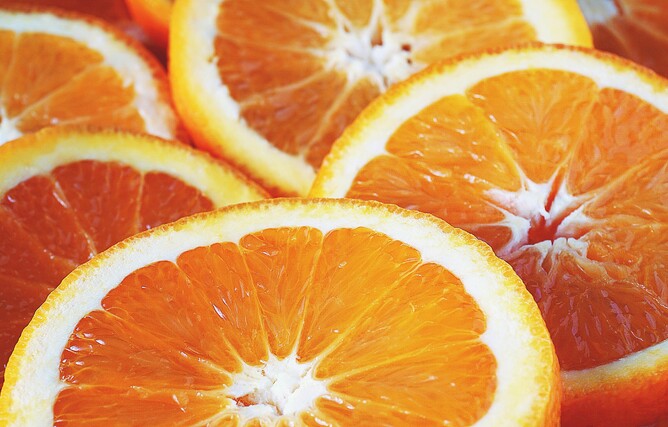Here's how to keep your immune system in top shape.
The temperatures have dropped, along with the leaves, and those warm days of summer have faded into the distance as we face a New Zealand winter.
This means that cold and flu season is nigh. But why do cold and flu viruses even get their own season?
Three things happen in winter that don’t occur in summer, creating the perfect storm for viruses.
1. It gets cold - Temperatures and humidity drop in the autumn and winter months, making it easier for viruses to thrive and spread more easily, therefore, cold and flu season runs from May to October.
2. You spend more time inside - You tend to retreat to the warm indoors during the colder months, which means you’re in constant and close contact with others. This increased proximity and a lack of fresh air circulation make it easier for viruses to spread from person to person.
3. Your immune system isn’t at its best - As the sunshine fades and you get less exposure, your vitamin D levels drop. Without plenty of vitamin D, your immune system lacks and can’t fight off infections.
You can try to avoid the circulating viruses by washing your hands often, avoiding sick people, and staying home, but there’s a better way to face the season: Strengthening your immune system.
On the whole, your immune system does a remarkable job of defending you against disease-causing microorganisms. When germs invade your system, the immune response produces immune cells and antibodies to counteract them. Your immune system acts as the first line of defence against viruses and other pathogens. If you have a strong and healthy immune system, it can identify and neutralise harmful invaders before they cause significant harm. It’s like having a well-trained army ready to fight off any intruders.
So, while a strong immune system is your secret weapon for conquering colds and flu, a weak immune system can’t mount a good defence, which makes you more likely to get sick.
While many people take supplements to help boost their immune system, IV Infusion Therapy is a highly-effective way to supplement your body with essential vitamins and minerals and delivers nutrients directly into the bloodstream. Unlike an oral tablet or pill, which must first work its way through the digestive system, the infusion bypasses the digestive system and ensures 100 per cent absorption of the nutrients being administered. The immediate infusion of these nutrients, via an intravenous (IV) drip, provides the body with a fast and potent boost in energy, aiding in recovery and optimal health. It can also play a role in maintaining your immune system over the long term, as well as reducing the duration of colds and flu while easing symptoms.
That’s because they are rich with vitamins and minerals, such as Vitamin D, renowned for its role in supporting the immune system, Vitamin C, which aids in the production of cells which help fight infections and, magnesium, which promotes relaxation and reduces stress – a known cause of a weakened immune system.
However, it doesn’t mean you can slack off on the healthy lifestyle front. IV therapy for immune system support works especially well when it is complemented by healthy lifestyle habits. There are several ways to keep your immune system in top shape, including:
Eating a healthy, whole-food diet - Vitamin C, Vitamin D, zinc, and magnesium, along with plenty of water, are the immune system’s best friends
Exercising regularly
Reducing stress
Avoiding tobacco
Getting enough sleep every night
Cultivating these habits is particularly important as we age because our immune response diminishes over time.
Myths and facts about immune-boosting nutrients:
Fact: Chicken soup can help you feel better.
The ingredients in chicken soup are full of vitamins and antioxidants which can support the immune system and help promote your body’s natural healing process. Your favourite recipe likely has properties that fight inflammation, promote hydration and get mucus flowing.
Myth: Vitamin C can prevent illness.
When taken before cold symptoms start, vitamin C may shorten the duration, but it doesn't keep you from getting sick.
Myth: Dairy increases mucus production.
You may have heard that milk and other dairy products worsen congestion during an illness. Research has not proven this to be true.


